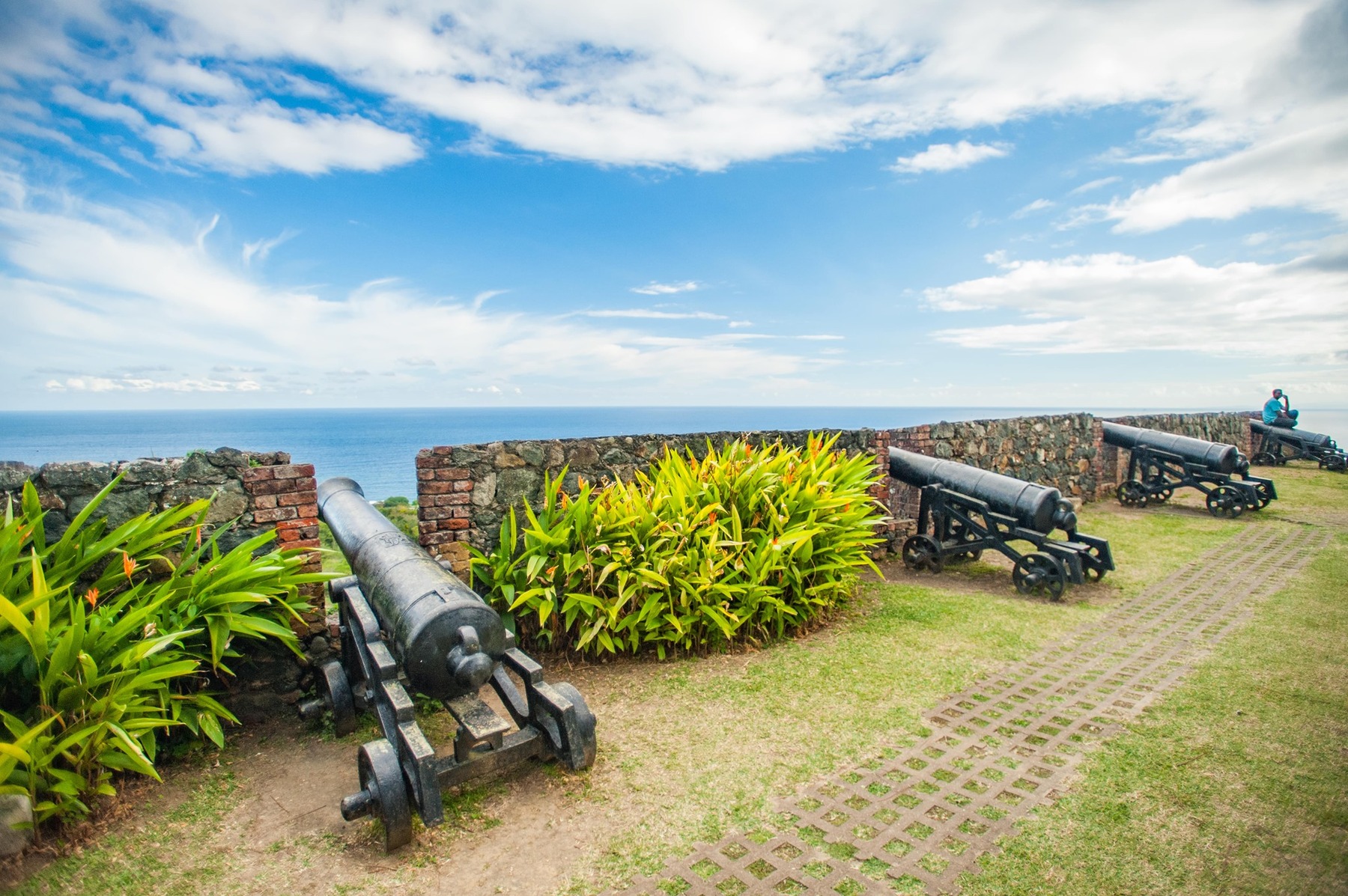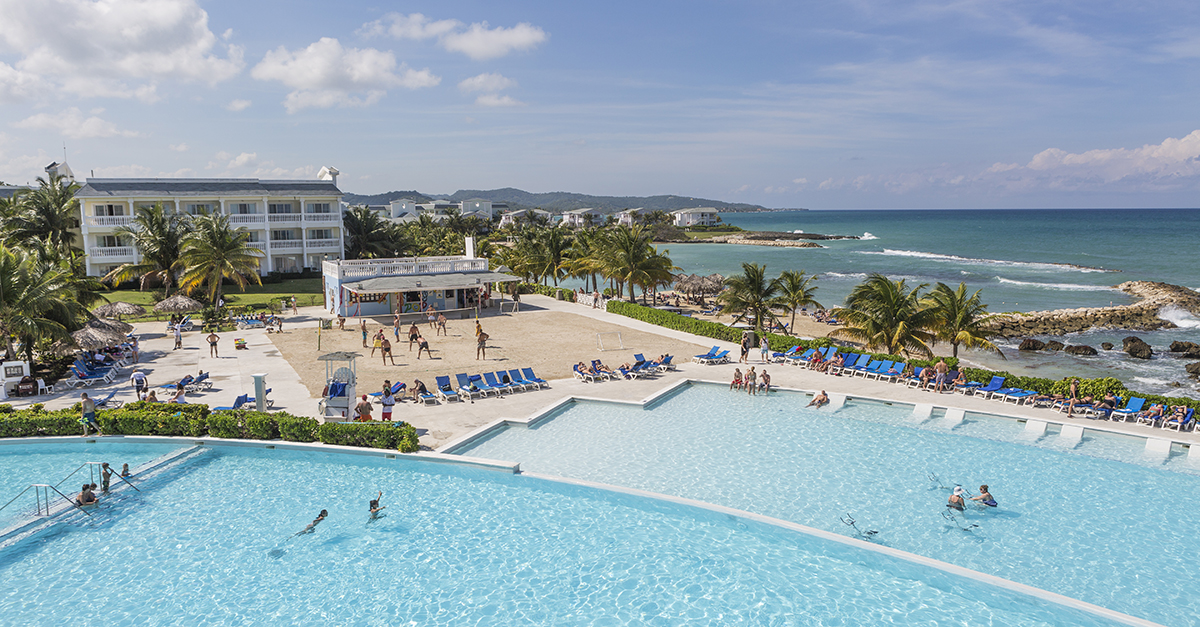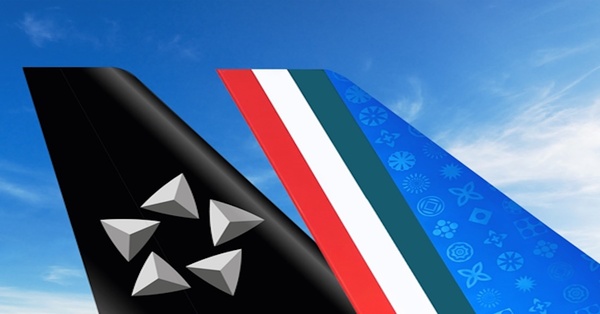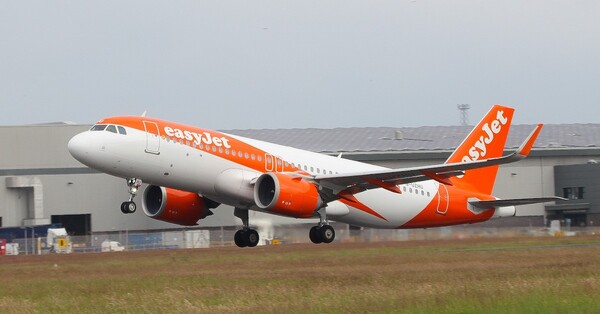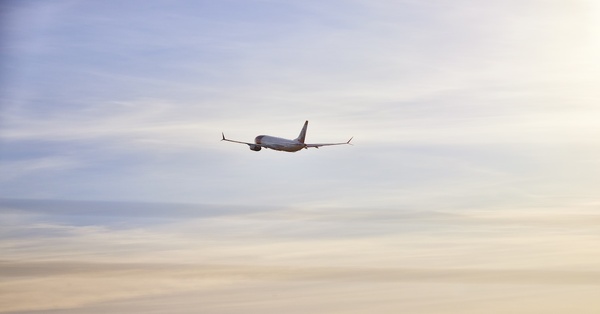You are viewing 1 of your 2 free articles
Tax the most polluting flights, says EasyJet
EasyJet wants Air Passenger Duty to be replaced with a tax on flights that would increase fares on older, more polluting aircraft and premium and long-haul passengers, but cut tax on those flying short haul in economy.
The airline launched a campaign this week urging consumers "to persuade politicians to do the right thing”.
It repeated a call for the banning of 700 of the most-polluting commercial aircraft in Europe.
Speaking at the World Low Cost Airlines Conference in London, easyJet chief executive Andy Harrison said: "Global warming is a real threat. But APD is a terrible tax. It excludes corporate jets and transfer passengers, allows aircraft to fly half-empty and charges new aircraft the same as old.”
His call echoed a Conservative Party suggestion, one of a raft of proposals in a 500-page environmental report that drew a scathing trade response.
The Tory proposals include adding VAT to domestic fares, halting expansion at Gatwick and Stansted, and toughening the planned European emissions trading scheme by making airlines pay for CO2 emission permits at auction rather than receive most free. This would substantially increase the impact on fares.
BMI accused the Tories of bias, Flybe said the plans would harm regional economies, easyJet said the report was "factually wrong”, the Board of Airline Representatives said it "ignored realities” and industry lobby group Flying Matters said the proposals were unpopular with voters.
However, a leading business-oriented climate organisation, the Climate Group called on the industry to wake up.
Chief executive Steve Howard told the same conference: "We need to dramatically reduce carbon emissions and you are your own worst enemy. You need to drop the ‘aviation is only 2% of emissions’ line and consider what you are going to do.”





